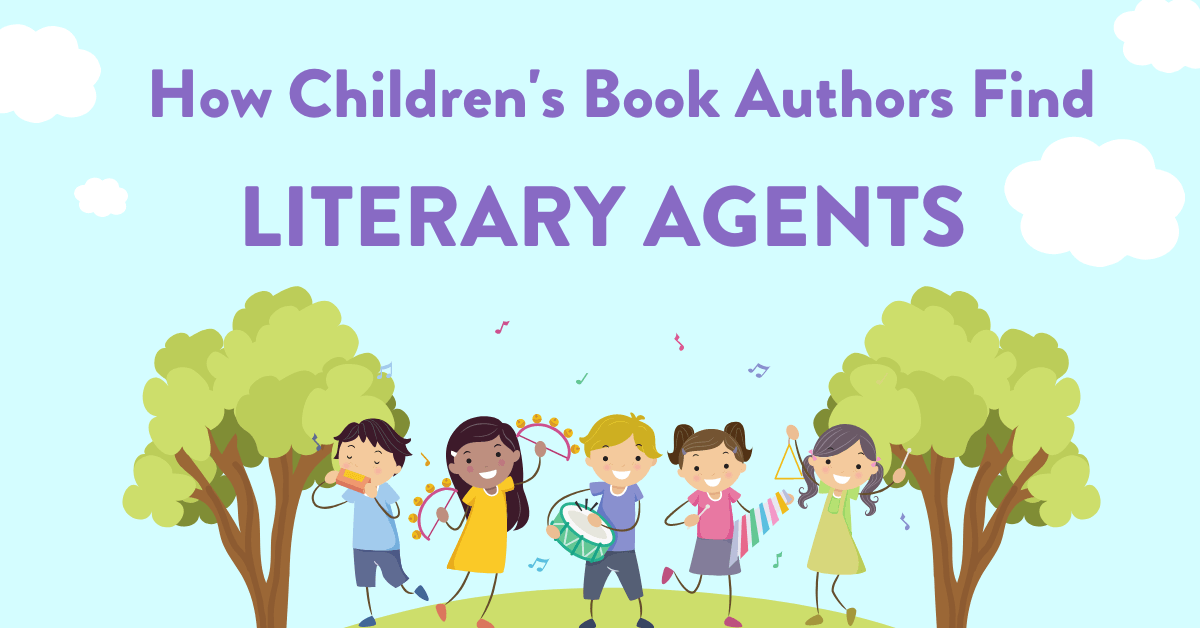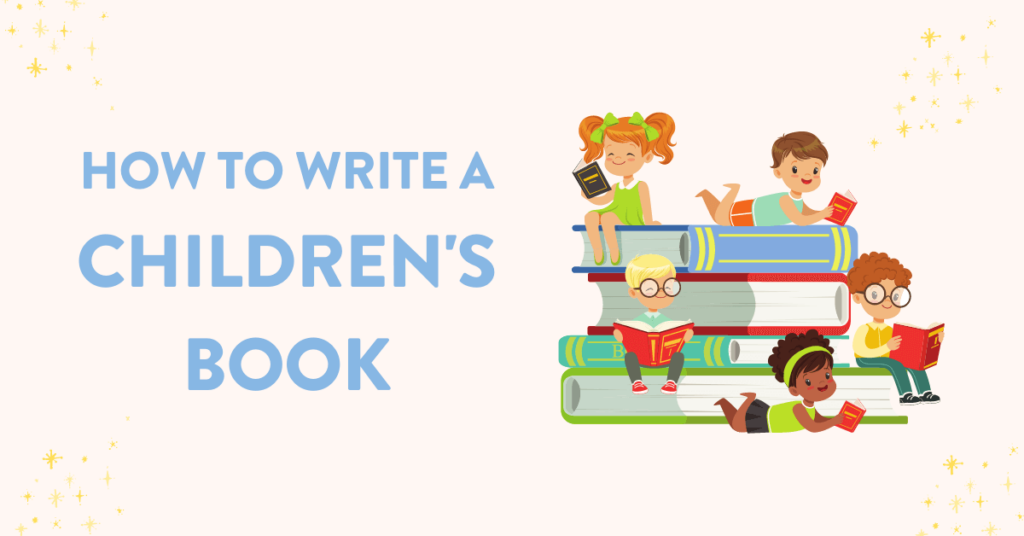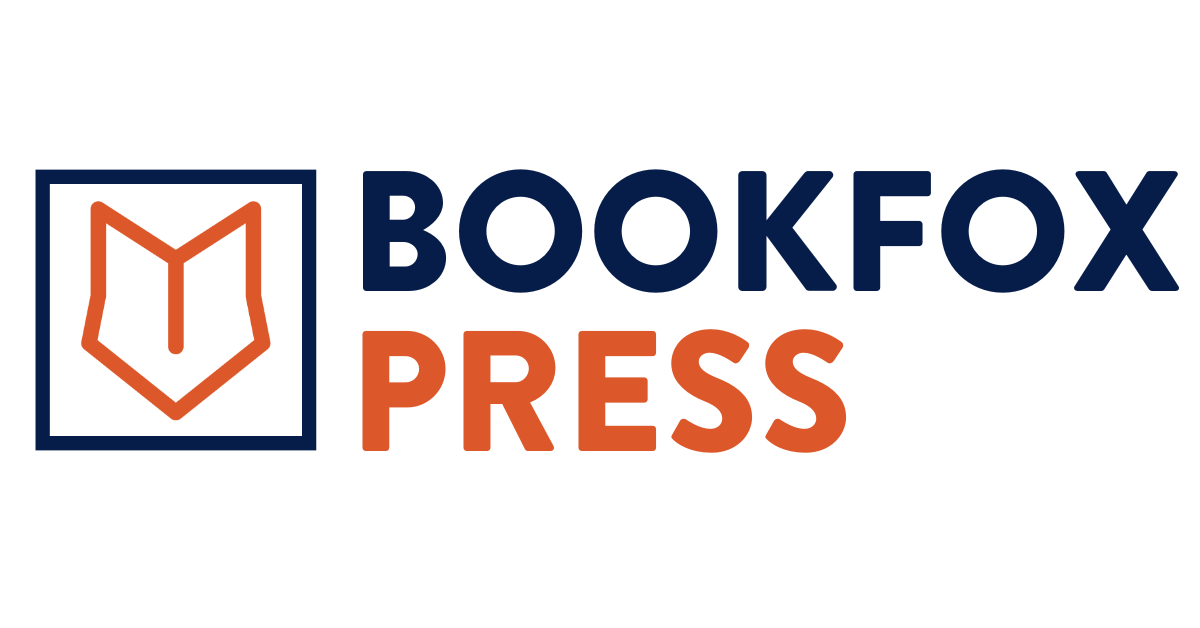
Guest Post by Vicky Weber
If you’ve decided on traditional publishing for your children’s book, you may be considering a literary agent to represent you.
The thing is…you don’t just hire a literary agent—they have to accept you! But that can be trickier than you’d think. In this post, we’ll answer your burning questions about how to make yourself (and your book!) stand out from the crowd.
What is a literary agent?
Before we get into the how, it’s important to know what a literary agent actually is and what they do.
A literary agent is a professional who represents unpublished manuscripts from authors and pitches them to traditional publishers. Traditional publishing is free to authors which means that you don’t pay a literary agent upfront. In fact, an agent doesn’t get paid until they successfully sell your book to a publisher!
But that means that they have to be picky about the manuscripts they take on. After all, there are only so many hours in the day. Which brings me to our first tip…
1. Polish and edit your manuscript

When you query an agent, they’re looking for a book that is publication-ready (not an early draft), has a strong, relatable concept, fits the expectations of that genre (i.e. word count, vocabulary, etc).
That means that no matter how strong your concept is, it should go through beta reader and critique groups to tighten up those components. If it’s in your budget, hiring a freelance developmental editor is a great idea because they can offer professional feedback that your critique partners might miss!
Lots of authors don’t realize the importance of developmental feedback on a manuscript so let me give you an example of my own:
When I wrote my picture book WHEN STEP MET SKIP, I spent a ton of time editing and revising before sending it to a developmental editor. She emailed me and asked, “what are these characters supposed to be like?”
I replied that one character is reserved and cautious while the other is carefree and playful. Her response? “Your carefree character is actually coming across as arrogant.”
I read my manuscript back and sure enough, she was right. I was so close to the story that what I thought I’d written didn’t align with what was actually on the page. This happens all the time so get outside feedback on your book!
2. Write a captivating pitch
In my opinion, this is the trickiest part of a query but it’s arguably the most important. Literary agents may read hundreds (sometimes thousands) of books each month so if your pitch doesn’t jump off the page and draw them in, you’ll likely get lost in the submission pile.
One of the best places to see some pitch examples is Twitter.
Use hashtags like #Pitmad and #DVPit (or look up examples of those hashtags).
Throughout the year, there are pitch parties where authors tweet their pitch with the event hashtag and if a literary agent gives the tweet a heart, it’s an invitation to query them. If you pay attention to the top performing tweets – the ones that get lots of agent hearts – you’ll see some great examples.
Use what you find to practice writing your own pitches!
3. Find Comp Titles

In your query, a literary agent will typically ask for comparable (comp) titles. These are books that have similar elements to yours and they act as evidence that your book is likely to sell well.
Three big red flags for agents are:
1. Stating that your book doesn’t have comp titles
Some authors think this makes their book more appealing but to an agent, it just means that your book is a risk. Agents and publishers want to feel confident that a book will sell well so skipping comps can often hurt your chances.
2. Name dropping a popular book that isn’t actually a good fit for your book
Just because your book rhymes doesn’t mean that Dr. Suess is a good comp title. Does your writing have similar elements to his? If not, find a more recent rhyming book with a meter pattern than is close to yours.
If you struggle with finding comps, try a crossover. This can be done with two book titles or one book title and a general concept.
For example, I could describe my book GINGERSNAP SNATCHER as WHO TOOK THE COOKIE FROM THE COOKIE JAR meets Christmas with Latinx characters.
3. Picking old books
It’s important to find books that have been published in the past 5 years or so because today’s industry is different than it was 10+ years ago.
A book published 10 or 20 years ago isn’t relevant to the current marketplace. Publishers need to know what will sell this year, and next year, not what sold well decades ago.
4. Check their Manuscript Wishlist

Not all literary agents represent all genres so you need to look for agents who are specifically looking for books like yours. Even the ones that want children’s books have preferences.
One agent might want nonfiction picture books about real life people. Another might be seeking funny animal picture books. The only way to know for sure is to check their manuscript wishlist! You can find this on their agency website, Twitter, or Manuscript Wishlist.
You’ll have to do some digging but this research will give you a huge advantage and increase your chances of securing an agent.
5. Don’t take rejection to heart
Even with an amazing book, incredible pitch and perfect comp titles, there’s still a chance that an agent says no. Personally, I’ve had to reject books that I loved for reasons that most authors don’t think about.
Some quick examples:
- An agent already represents too many books in that genre.
- An agent already represents a book that is too similar to yours.
- An agent already has a full caseload of authors.
But there are many possibilities. Just know that an agent rejection isn’t personal.
What next?
After you’ve submitted to some agents, you have options for what to do next. While you can just wait for their response, it can take literary agents weeks or even months to get back to you. Because of this, I highly recommend you use that time doing something productive.
You can continue to research other literary agents and submit to them while you wait to hear back from others or you can focus on writing new children’s books in the meantime.
Standing out to literary agents is achievable if you’re open to feedback and dedicated to learning more about the industry. I hope these tips have inspired you to take an objective look at your query materials (…or start preparing them!) and find ways to improve your content.
What was the most helpful tip for you? Comment below!




One thought on “How Children’s Book Authors can Land Agents”
Thank you.